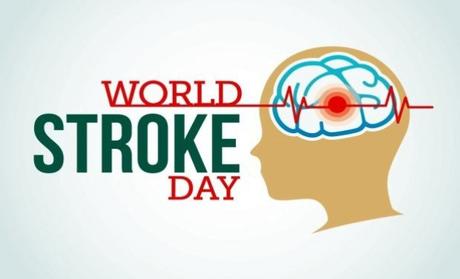
The Tech Age
The tech-age hasn't left my mum behind. She is right there in the mix of things. She is active on Facebook - where she frequently posts. Even though she's not made a single post on her Instagram account, she has almost 100 followers and frequents the platform to know "wassup". I can always count on her "like" on every single post I make on the platform. Every now and then, I get a post making one absurd medical claim or another supposedly made by a "Chinese professor" from her on WhatsApp, asking "Gbenga is it true?"
Social media is awesome. With the explosion of internet and social media, there's been a concomitant explosion in knowledge. A good tool not properly used will produce unintended consequences. This is true for social media. Just recently, one of the tech leaders of the world stated that personal information obtained from social media was being "weaponized". Fake news is another inadvertent result of the misuse of social media. False information (particularly in the field of health for me as a public health physician and health communication specialist) is something that is very worrisome.
The Facts
As we celebrate World Stroke Day 2018 today, let's debunk some myths about stroke flying about on social media and state the facts:
- Stroke is a medical emergency which claims many lives every year and leave many more with varying degrees of disability.
- Stoke can happen to the young or old.
- A stroke is said to have happened when blood flow is interrupted to a part of the brain either by a blood vessel bursting or getting blocked.
- Depending on the part of the brain that is affected, five common signs of stroke include facial numbness, dizziness, slurred speech, limb numbness or weakness, and impaired vision
- Pricking with a needle WILL NOT cure stroke. You will only harm the person and delay getting the person the help they desperately need.
- Sticking out your tongue and wiggling it from side to side WILL NOT help you prevent stroke or any other neural disease. You will only look silly doing that.
- Stroke is best prevented by preventing the conditions that result in stroke. These include hypertension and diabetes as well as hard drug abuse.
- Full recovery is possible from a stroke attack.
- Prompt medical attention following a stroke is important in determining recovery.
Happy World Stroke Day! Enjoy this video we made years back celebrate World Stroke Day!
Dr Gbenga Adebayo MBChB MPH

